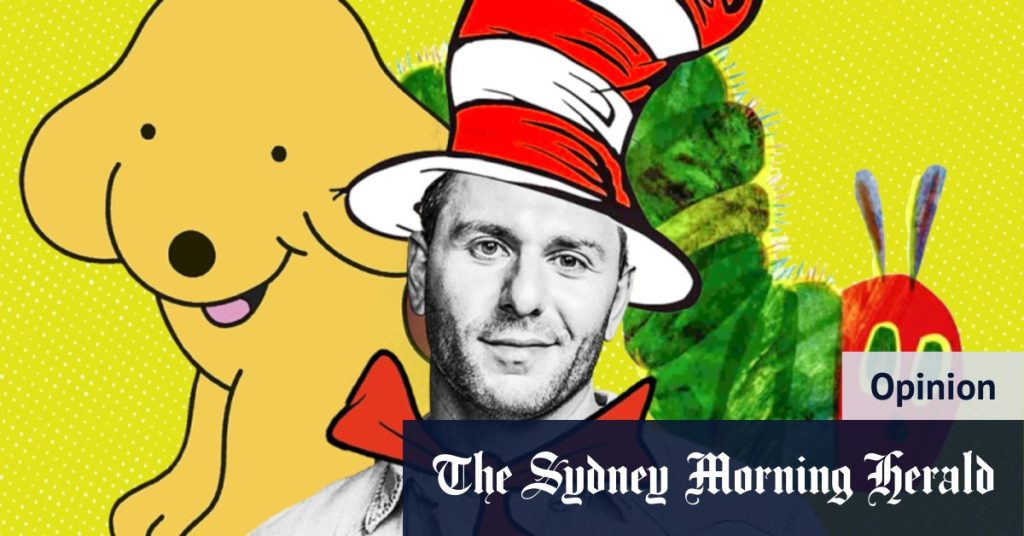Christou, a representative of Cumberland City Council, has been vocal in his opposition to controversial issues being included in library books, particularly those relating to LGBTQ+ themes. He argues that children should be able to enjoy story time without being exposed to what he considers inappropriate content. Christou has made media appearances to express his concern for the protection and safety of children, arguing that such content should not be included in library books for their benefit.
While it is important to protect children and ensure they are not exposed to harmful content, it is also important to consider the potential impact of banning certain books or topics from library collections. When examining classic children’s books, it becomes clear that many popular titles contain themes or elements that could be perceived as problematic. For example, The Very Hungry Caterpillar features a character with unhealthy eating habits, and Where the Wild Things Are could be interpreted as a story about grooming.
The concern over the safety of children in relation to library books raises questions about the balance between protection and censorship. Banning books has historically been associated with negative consequences, as it restricts access to information and limits intellectual freedom. While it is important to consider the content of children’s books and ensure they are age-appropriate, it is also important to uphold principles of free speech and access to literature.
The debate over controversial issues in library books highlights the ongoing cultural war and differing perspectives on what is considered appropriate for children. While some argue for the protection of children from potentially harmful content, others emphasize the importance of diverse representation and inclusion in literature. The decision to ban certain books or topics from library collections can have far-reaching implications and should be approached with caution.
As discussions around censorship and book banning continue, it is essential to consider the potential impact on children’s access to diverse and inclusive literature. While concerns about the safety and well-being of children are valid, it is also crucial to uphold principles of intellectual freedom and access to information. Finding a balance between protecting children and promoting diversity in literature is an ongoing challenge that requires careful consideration and thoughtfulness.
In conclusion, the debate over controversial issues in library books is complex and multifaceted, with differing perspectives on what is considered appropriate for children. While it is important to protect children from harmful content, it is also important to uphold principles of free speech and access to diverse literature. Banning books or censoring topics can have negative consequences and hinder children’s intellectual development. Finding a balance between protection and censorship remains a critical challenge in promoting literacy and fostering a love of reading in young readers.













